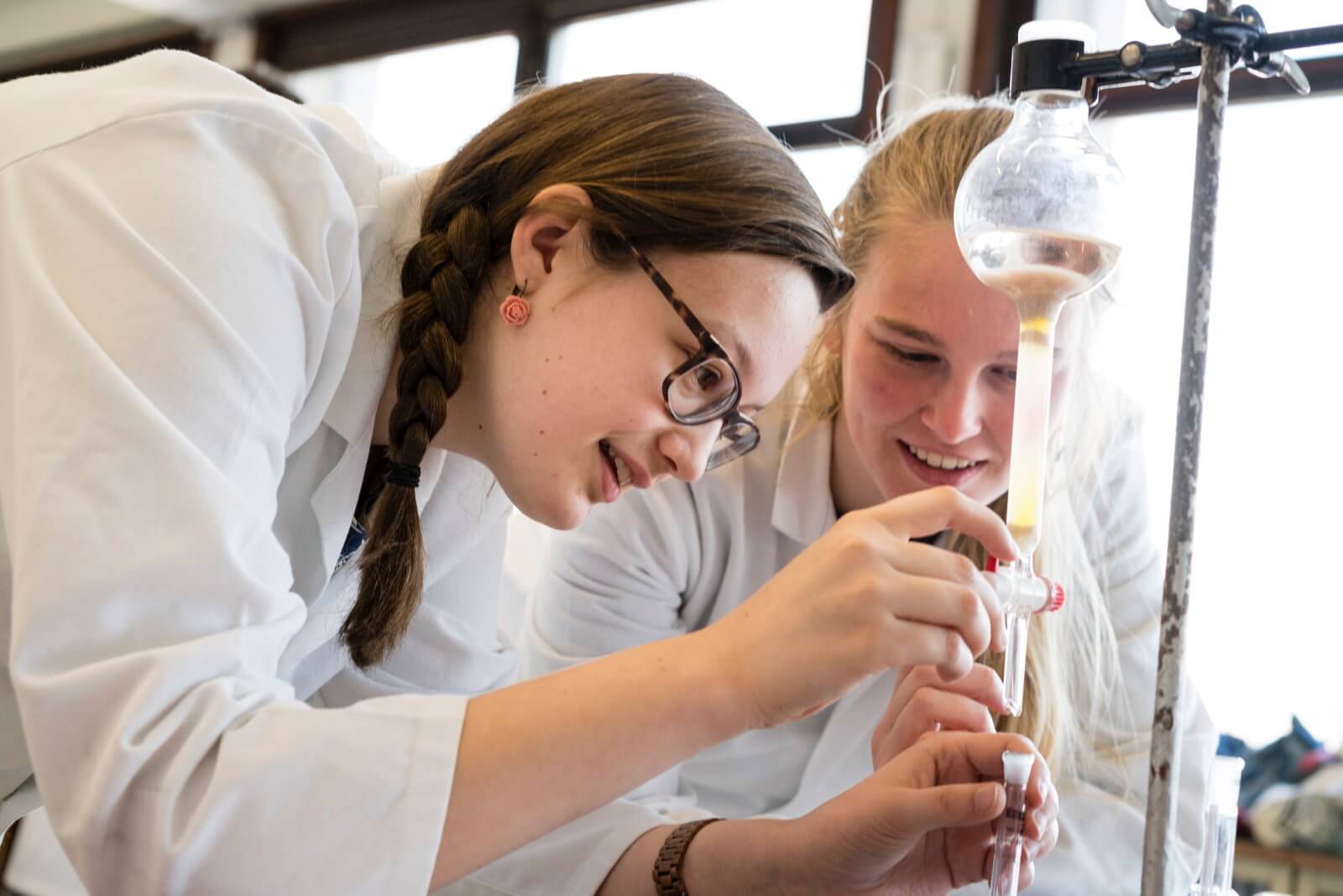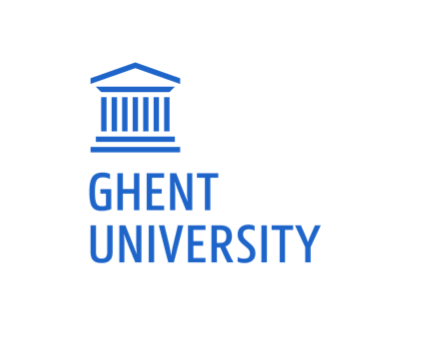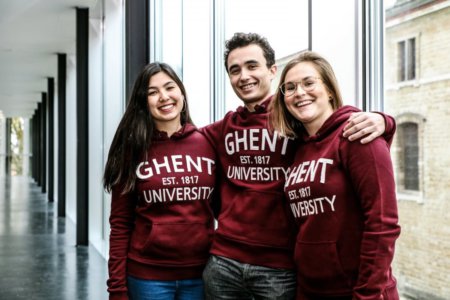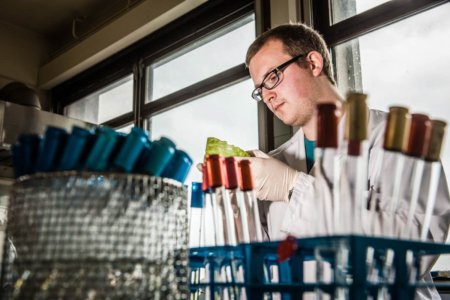The Belgian city of Ghent is perhaps best known as the home of the Ghent Altarpiece, a masterwork of Flemish art by the van Eyck brothers at the zenith of the Northern Renaissance. Strolling through the city’s cobbled streets, winding canal paths and well-preserved medieval buildings seems like a walk down history’s lane, sprinkled with a modern laid-back atmosphere made vibrant by its people.
Don’t let its old-town picturesque charms fool you though. Ghent is also a seat of revolutionary scientific minds where Nobel Prize winner Corneille Heymans, scientists Leo Baekeland, Joseph Guislain, Walter Fiers, and the co-father of the World Wide Web, Robert Cailliau, spent some years for scholarly work. The common denominator? They are all distinguished alumni of the city’s Ghent University, more commonly known as UGent.
Research-focused for scientific excellence
One of Belgium’s highest-ranked universities globally, UGent consistently maintains its spot every year due to the institution’s robust research community. Since its founding in 1817, UGent has been listed among the best 100 universities in the world by The Times Higher Education and the Shanghai Academic Ranking of World Universities. This bodes well for international students who want to be a part of a research-intensive institution in a student-friendly city. Ghent is even set on becoming the European Youth Capital in 2024, where elaborate youth-focused policies will be amplified so the voices of its young residents are heard. As if that isn’t attractive enough, UGent also boasts low tuition fees for a highly-ranked university.
UGent offers over 100 courses in English language at the undergaduate and postgraduate levels. . For students wishing to advance their knowledge in the sciences, the university’s Engineering and Architecture, Bioscience Engineering and Sciences faculties offer a total of 47 master’s degrees in English, which typically demand two years of full-time study. With 31 researchers achieving “Highly Cited” status by the Clarivate Web of Science — which recognises scientists who have had major impact on their peers’ work — UGent is an ideal destination for budding scientists and inventors.
Under the Faculty of Science, aspiring postgraduate students can choose to study popular English-language courses such as the Master of Science in Biochemistry and Biotechnology, or the more broad-based Master of Science in Biology that can apply to many industries and disciplines. The Biochemistry and Biotechnology programme offers five specialised majors and three broadening minors run by three departments.
The faculty’s minor courses are exciting in particular, as students are given the space to branch out beyond their specialisations through the Research (RES), Economy and Business Administration (ECO), or the Interdisciplinary Combination (ICO) options. Since biotechnology enhances our knowledge of pathological processes, the field is more in-demand than ever during a pandemic. Allowing greater flexibility at the graduate level permits students to augment their learning with complementary skills for a seamless entry into industry work post-graduation.
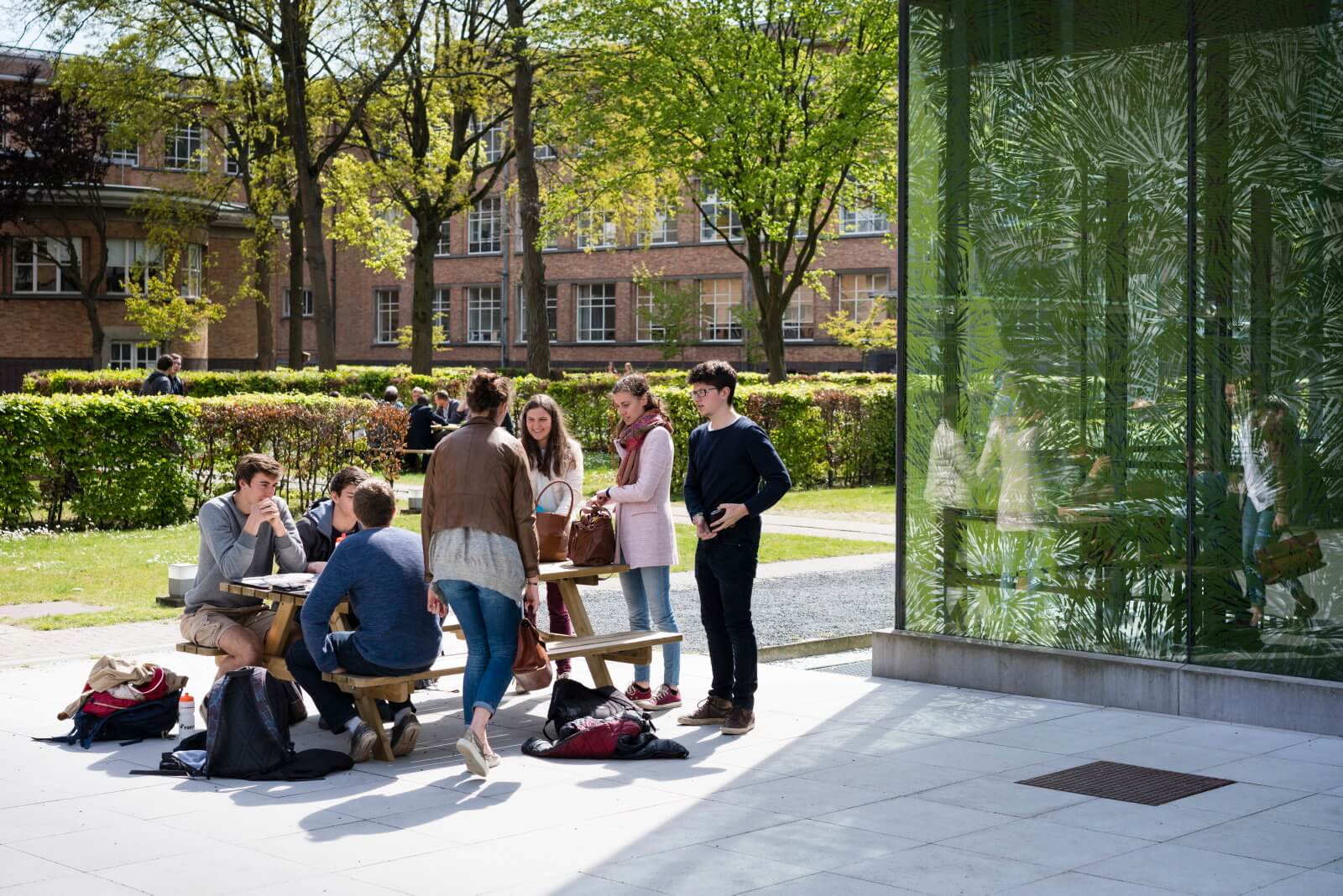
UGent offers around 100 courses in English language at the undergraduate and postgraduate levels. Source: Ghent University
Life sciences students with an innovative bent can pursue one of several master’s degrees offered under the Faculty of Bioscience Engineering, including five ERASMUS Mundus Joint Master’s Degrees. At the faculty’s heart, the International Training Centre (ITC) manages globally-competitive postgraduate programmes, workshops, training and bespoke solutions for organisations and companies. The ITC truly highlights UGent’s transnational quality, welcoming over 250 students from various nations in its international master’s programmes.
Interdisciplinary approach for wide-ranging impacts
Brazilian student Thaís Guedes Silveira is happy with her choice to study a Master of Science in Environmental Science and Technology, which she credits to UGent’s expert teaching and interdisciplinary approach in examining environmental systems. “Courses such as Marine and Freshwater Studies, Chemistry of Water and Soil, Microbiology, Clean Technology and many other interesting [courses] are good options if you are interested in and concerned about the environment,” she explains of her options. “The professors are always willing to help. [They are] very nice and also really easy to communicate with.”
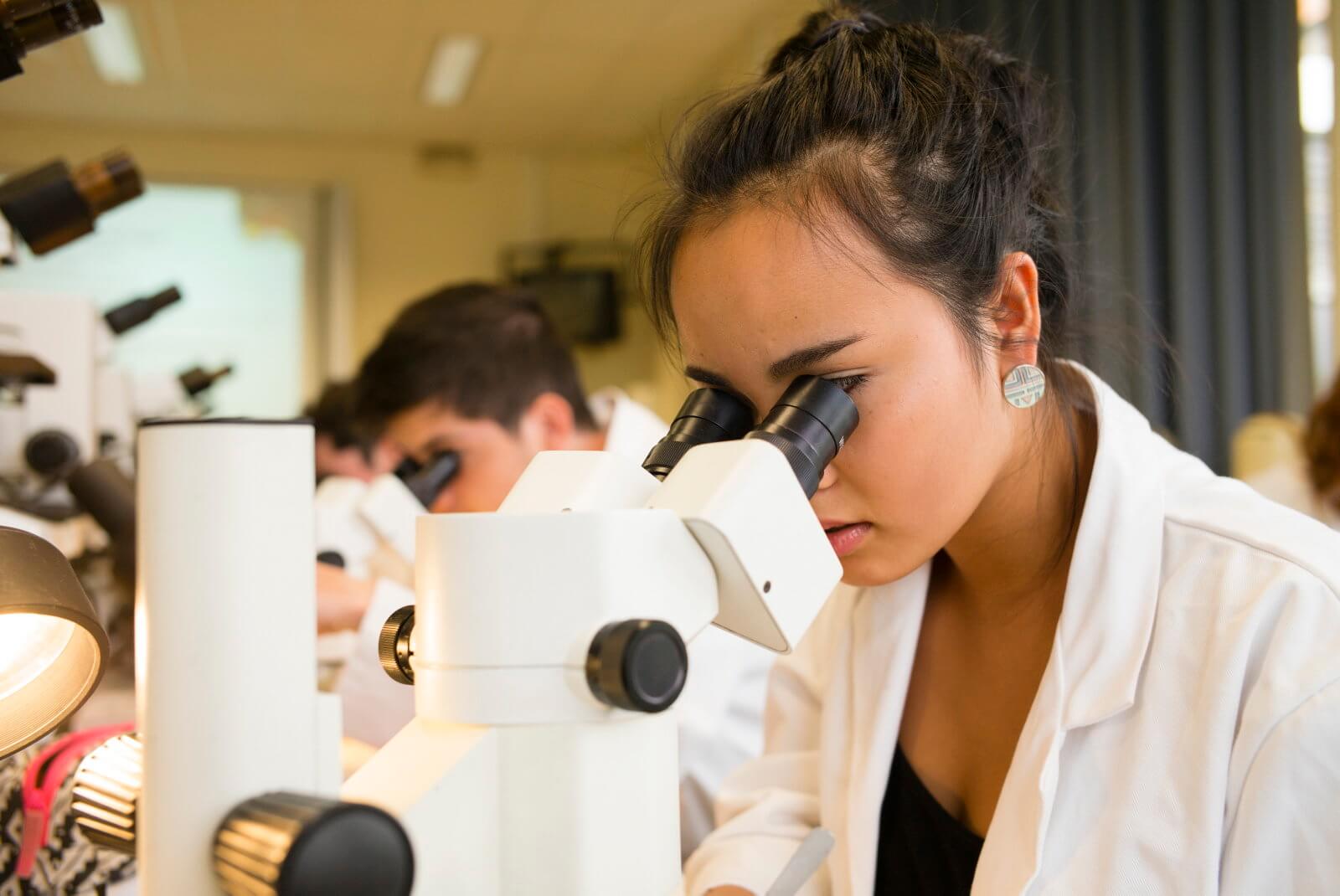
UGent is an ideal destination for budding scientists and inventors. Source: Ghent University
The opportunity to interact and learn from oft-cited researchers is why UGent continuously produces graduates who are firmly following in the footsteps of their celebrated alumni. Take students in the Faculty of Engineering and Architecture, for example. From improving control systems of unmanned vehicles, to increasing the durability of bone implants and joining forces with Stanford University in investigating lithium niobate photonics for digital data enhancement — members of the faculty routinely seek solutions for technological gaps in everyday life. The possibilities to conduct your own research is endless with the faculty’s knowledge centres and research institutes in interconnecting fields.
Its research-driven character by no means dims UGent’s leisurely side. The university’s Regional Platforms give comprehensive support to incoming and existing international students, while Ghent’s demographic plurality and vibrant culture is further incentive to call Belgium your home away from home while studying in a high-ranking university.
If you’re interested to know more about applying to UGent, click here.
Follow UGent on Facebook, Twitter, LinkedIn, Instagram and YouTube

